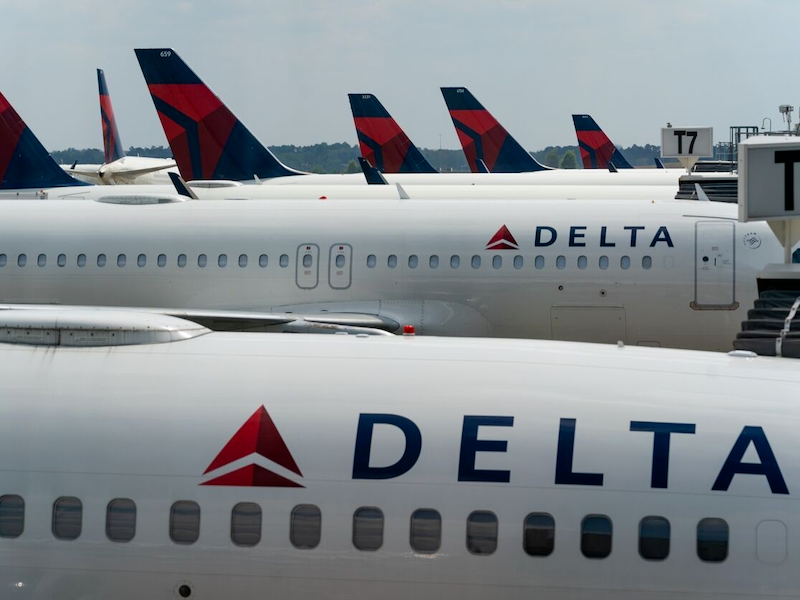- Microsoft claims Delta’s IT is behind its recovery woes and flight cancellations, unlike rivals who recovered from a CrowdStrike update more easily.
- Delta challenges Microsoft’s assertion, citing its IT investments and labelling Microsoft’s system “fragile,” as both Microsoft and CrowdStrike reject blame for disruptions.
OUR TAKE
The Microsoft-Delta spat underscores the importance of up-to-date IT for operational reliability. Microsoft blames Delta’s systems for ongoing disruptions, while Delta, pointing to its IT spending, contests this. The episode stresses the value of IT modernisation for cyber resilience, with the outcome potentially shaping industry tech management.
— Zoey Zhu, BTW reporter
What happened
Microsoft attributed Delta Air Lines’ difficulties in recovering from a severe global cyber outage to the airline’s outdated IT infrastructure on August 7. The disruption, which began following a software update from the cybersecurity firm CrowdStrike, caused Delta to cancel more than 6,000 flights, stranding hundreds of thousands of passengers.
Microsoft’s preliminary investigation suggested that Delta’s failure to modernise its IT systems, unlike other major airlines that faced fewer issues, was a significant factor in the prolonged recovery period. In response, Delta vehemently denied Microsoft’s claims, highlighting its significant investment in IT infrastructure over the years.
The airline’s CEO, Ed Bastian, criticised Microsoft’s platform as the “most fragile” of their systems, while Microsoft and CrowdStrike refuted the blame, maintaining that they had offered assistance during the crisis. Delta’s response includes seeking damages from both CrowdStrike and Microsoft, and the situation continues to evolve with ongoing investigations and legal actions.
Also read: CrowdStrike shares plummet 13% after global cyber outage
Also read: Delta Air Lines faces major disruptions due to cyber outage
Why it’s important
The cyber outage incident reveals the critical role of modern IT infrastructure in managing and recovering from technological disruptions. Delta Air Lines’ extended recovery period and the widespread cancellations underscore how outdated systems can significantly exacerbate the impact of such incidents, affecting operational efficiency and financial stability.
This situation not only highlights the necessity for continuous investment in and updating of IT systems but also brings to light the broader implications for the airline industry and beyond. With Delta facing a $500 million financial hit and ongoing scrutiny, the case may influence industry-wide standards for IT investment and cybersecurity practices. Additionally, the dispute between Delta, Microsoft, and CrowdStrike could set significant precedents for handling accountability in cyber incidents, potentially shaping future protocols and policies to better safeguard against similar disruptions and enhance response strategies.

